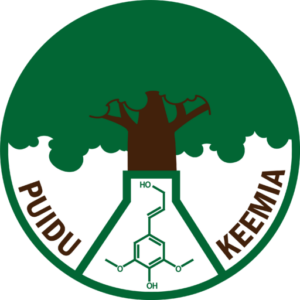With the topic of biochemical beneficiation of biomass, the main focus is on studies of metalloenzymes from soil bacteria. Lignin is a polyphenolic complex polymer whose amount in plant biomass varies from 10-50%. In various woody and herbaceous plants, lignin is much less abundant than cellulose, but due to its phenolic properties, lignin is seen as having great potential as an alternative to petrochemicals. Because chemically, lignin has a relatively stubborn structure, this also means that its natural decomposition is not easy at all. In nature, there are mainly four types of organisms that cope with this task - white and brown rot fungi and certain gram-positive and gram-negative bacteria. The laboratory of structural biology and lignin biochemistry focuses on the model system of gram-positive soil bacteria, one of the advantages of which compared to the model system based on fungi is the good temperature stability of enzymes derived from them and the ability to work in a wide pH range. In addition, enzymes from various microbes living in extreme environmental conditions have recently been investigated with high industrial potential. In addition to enzymes that degrade/modify lignin, enzymes that degrade carbohydrate components from extremophilic organisms were also examined.
Uniquely in Estonia, the laboratory of structural biology and lignin biochemistry of KBI applies X-ray crystallography of proteins as a method that allows studying the possibilities of rational improvement of enzymes. At the same time, this laboratory is the only one in Estonia that deals with enzyme structure-function studies in the same laboratory and cooperates with synchrotron beam channels both in the USA (Cornell High Energy Synchrotron Source) and in Spain (ALBA Synchrotron). The laboratory has active cooperation with the cellulose research group of the Institute of Molecular and Cell Biology of the University of Tartu.

